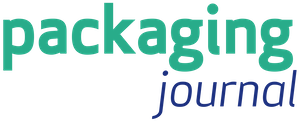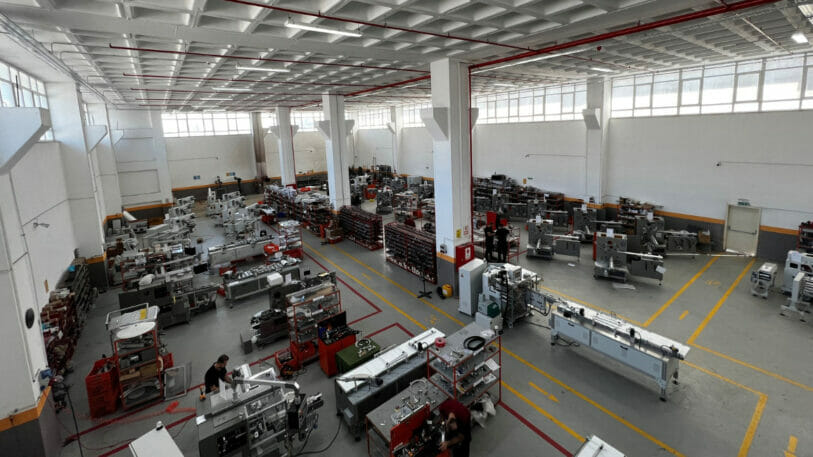German packaging specialist for small-sized confectionery products, Theegarten-Pactec, has acquired shares in the Turkish company Makrev Packaging. The company specializes in manufacturing intermittent chocolate and jelly packaging machines and Theegarten-Pactec hopes to provide solutions for customers in the mid-performance.
Theegarten-Pactec acquired a stake in the Turkish company Makrev Packaging on September 1st. The Istanbul-based company was founded in 1998 and has since been manufacturing intermittent chocolate and jelly packaging machines as well as complete automation and feeding systems. Makrev’s machines achieve a packaging output of up to 900 pieces per minute for jelly products and hard candy and 400 pieces per minute for chocolate products. Through the acquisition, Theegarten-Pactec aims to complement its product portfolio and become more attractive to customers in the mid-performance and price segments below the high-performance machines built in Dresden.
„This step is exactly the right one for our long-term success. Makrev machines are solidly constructed and produced to the highest quality. They have an impeccable reputation in the industry.“
Markus Rustler, CEO of Theegarten-Pactec
Makrev, in turn, is expected to benefit from the Dresden-based packaging specialist’s worldwide sales and service network as a result of the cooperation. So far, the company has mainly been active in the Middle East, North Africa, the CIS, and India. In addition to the sales cooperation, Theegarten-Pactec CEO Markus Rustler will take on tasks in Makrev’s management. As a member of the board, he will actively shape the further development of the company in the future. Despite the cooperation, both companies will continue to operate independently on the market and serve the different market segments.
„Through this cooperation, we are on the one hand strengthening the Dresden location as a place of know-how for the construction of high-performance machines. On the other hand, with Makrev’s market access, we will also be able to offer new customers competitive solutions from the medium performance range that meet our quality standards in the future.“
Markus Rustler
Source: Theegarten-Pactec
More packaging news
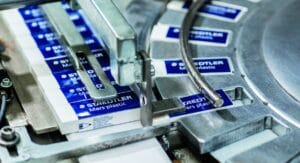
A contract with a handshake is valid
Managing director Tina Gerfer of Wilhelm Rasch Spezielmaschinenfabrik has modernized the company and successfully guided it through difficult times.
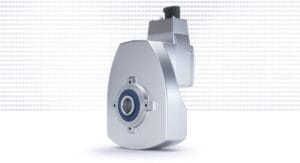
Asynchronous servo solutions for the packaging industry
From primary packaging to final packaging, electric drives play an important role. With a broad portfolio, Nord Drivesystems supports customers.
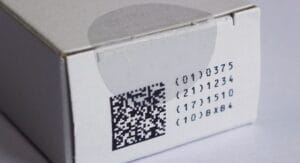
Label Durability
Labels offer many functions which can get lost due to label removal. PTS assesses labels and cardboard for durability and tamper evidence.
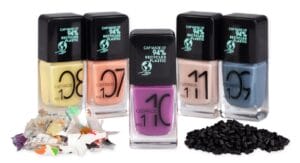
More design for recycling for cosmetics packaging
Packaging for decorative cosmetics is very special. The Forum Rezyklat calls for the recyclability of packaging to be taken into account when designing it.
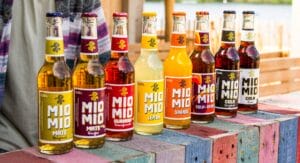
Innovation Barometer 2024
According to a survey conducted by Aktionsforum Glasverpackung 2024 is set to be a highly innovative year for glass packaging.
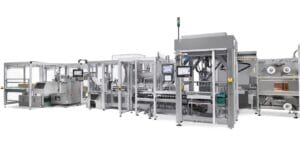
Flexible packaging system for natural cosmetics
Sustainability is part of Weleda’s identity. IWK is also contributing to this with its new flexible packaging line for many natural cosmetic products.

